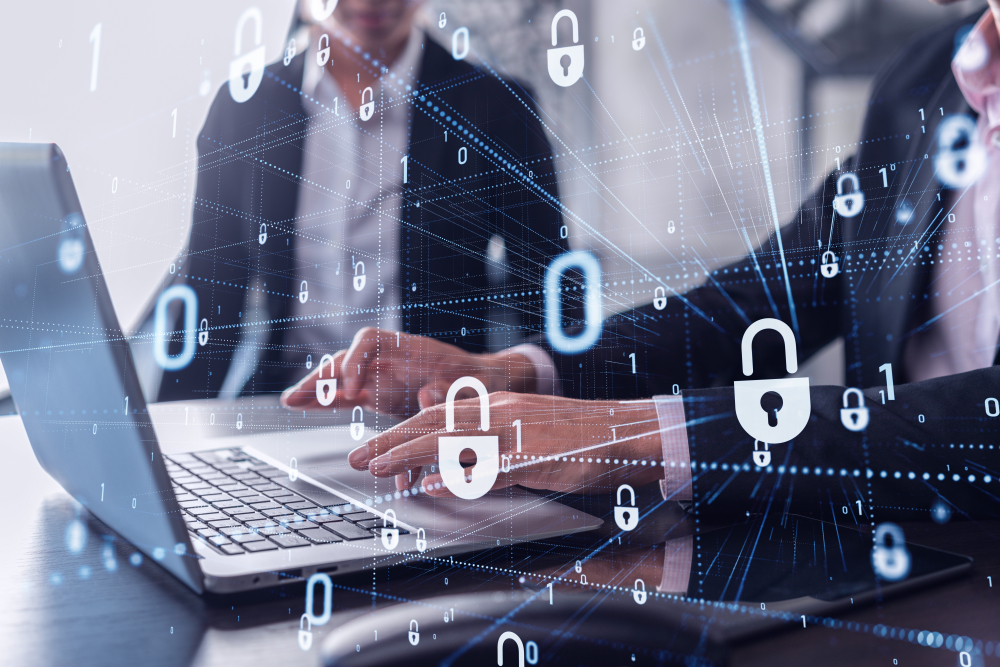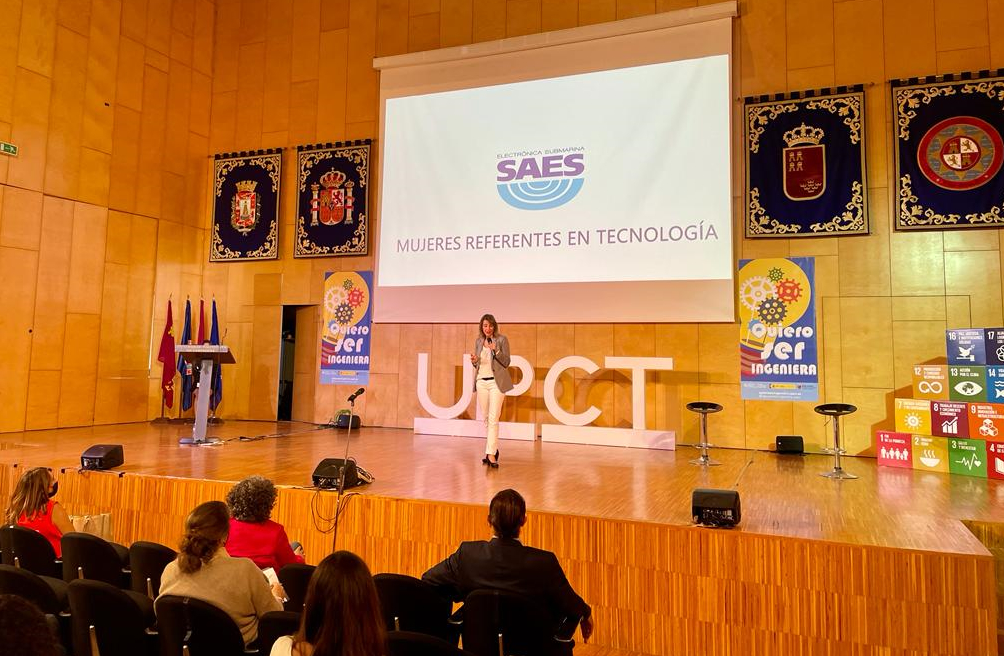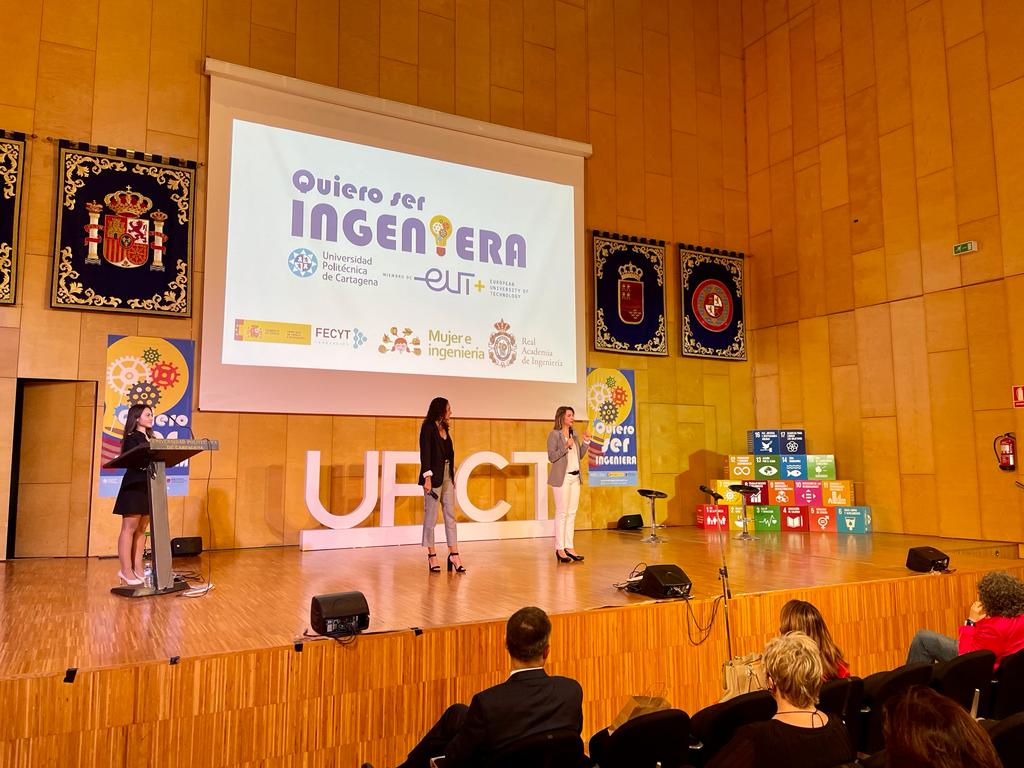Following the collaboration agreement on cybersecurity with the University of Murcia, SAES continues with the set of activities planned with the objective of improving information security. The first activity has been a webinar to SAES employees about how and why is important to be protected from cyber attacks not just at work but also at home.
Cybercrime (as a criminal activity that either targets or uses a computer, a computer network or a networked device) has become the most profitable illicit business in the world, ranking even above drug trafficking. If we bear in mind that nowadays hackers are more and more professionalised, that cybercrime is a constant threat and that almost everything can be hacked, it is a must to know all threats that we face an how to be protected against them.
Following the collaboration agreement on cybersecurity with the University of Murcia (UMU), an action plan has been developed with specific measures for SAES, with the objective of improving the information security in the company.

On 26th November took place the first webinar in a series of online talks to all SAES employees, in terms of cyber security awareness raising. The talk given by University of Murcia experts was titled ‘Do I really need to have basic knowledge about cybercrime to do my job at SAES?’.
The main objectives in this first session were, on the one hand, to raise awareness of what cybercrime means and how can affect us at professional and personal levels. On the other hand, to advise and provide tools to protect us from hackers in our daily life. Cyber attacks usually seek to obtain sensitive information (banking dara, passwords, confidential information from your company, etc.)
According to UMU experts, hackers always look for the weakest link and take advantage of our lack of awareness and knowledge on cybercrime in order to focus their attacks on that and search for new ways of accessing our devices. For instance, it is possible to hack internet-connected devices such as a food processor or a vacuum cleaner and then reach the rest of devices with more sensitive data such as passwords or banking information.
The only way to protect us from such attacks is by raising awareness and ensuring that all recommendations on confidentiality, integrity and availability are implemented. Specific advice was given during the webinar to avoid phishing, to use safe passwords, to protect us from an identity theft or to safely use devices or online platforms.
SAES strategic plan provides for improving both Artificial Intelligence (AI) and Cybercrime capabilities in SAES products and its digital infrastructure to enhance the competitiveness of the company. Therefore, SAES has recently signed two collaboration agreements on these subjects with the Polytechnic University of Cartagena (on AI) and the University of Murcia (on cybercrime).
The Master Plan for Information Security developed by SAES includes specific actions not just in terms of technology systems but also for training employees and raising both awareness and knowledge. One of the key elements to maintain the safety of information is to target the human factor: most of the online attacks seek to mislead people, a lot more than to reach vulnerable systems.
Within the framework of the collaboration agreement on cybersecurity mentioned above, SAES will continue to research innovative solutions to strengthen the company’s products so that cyber security also becomes a competitive advantage.


